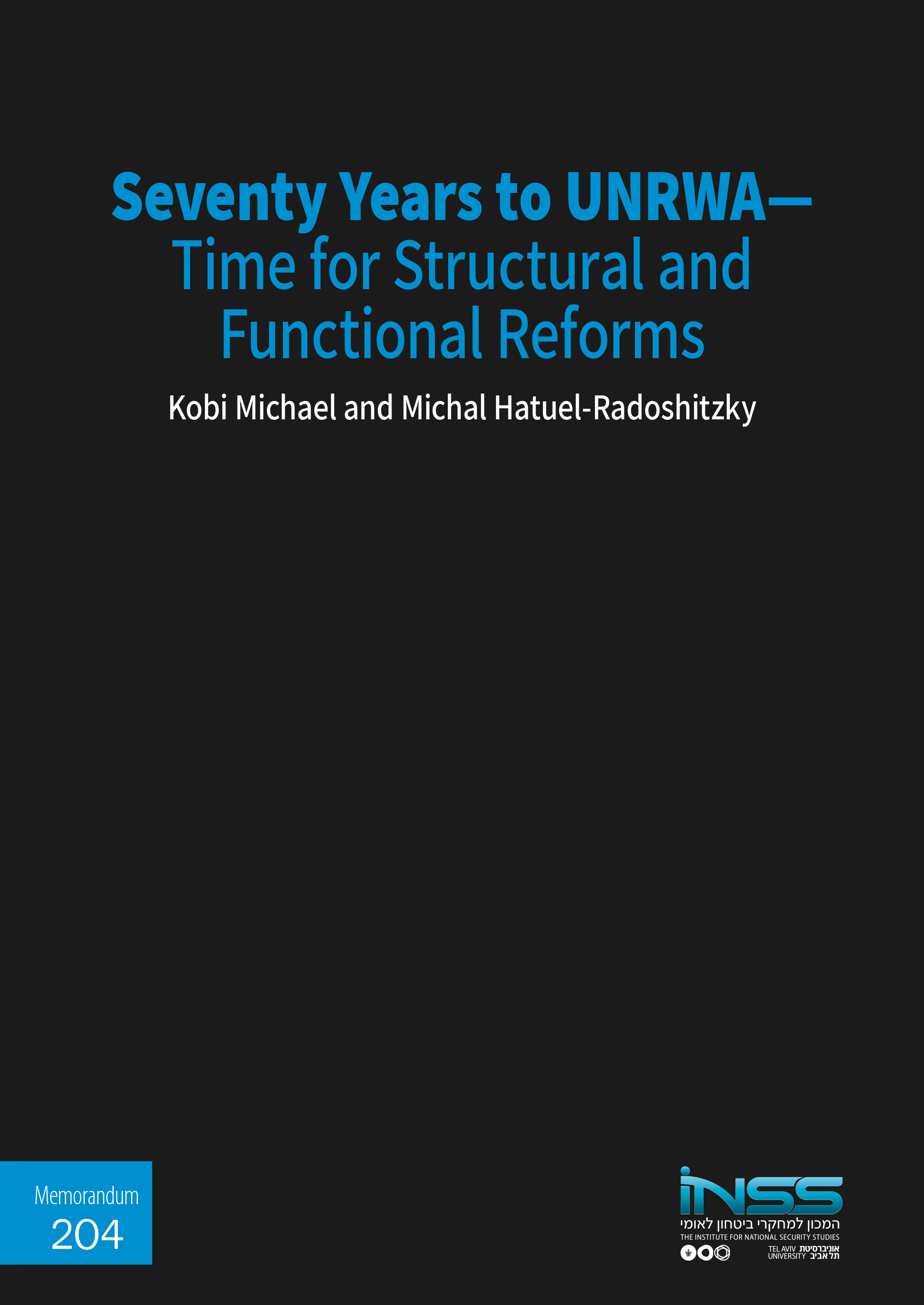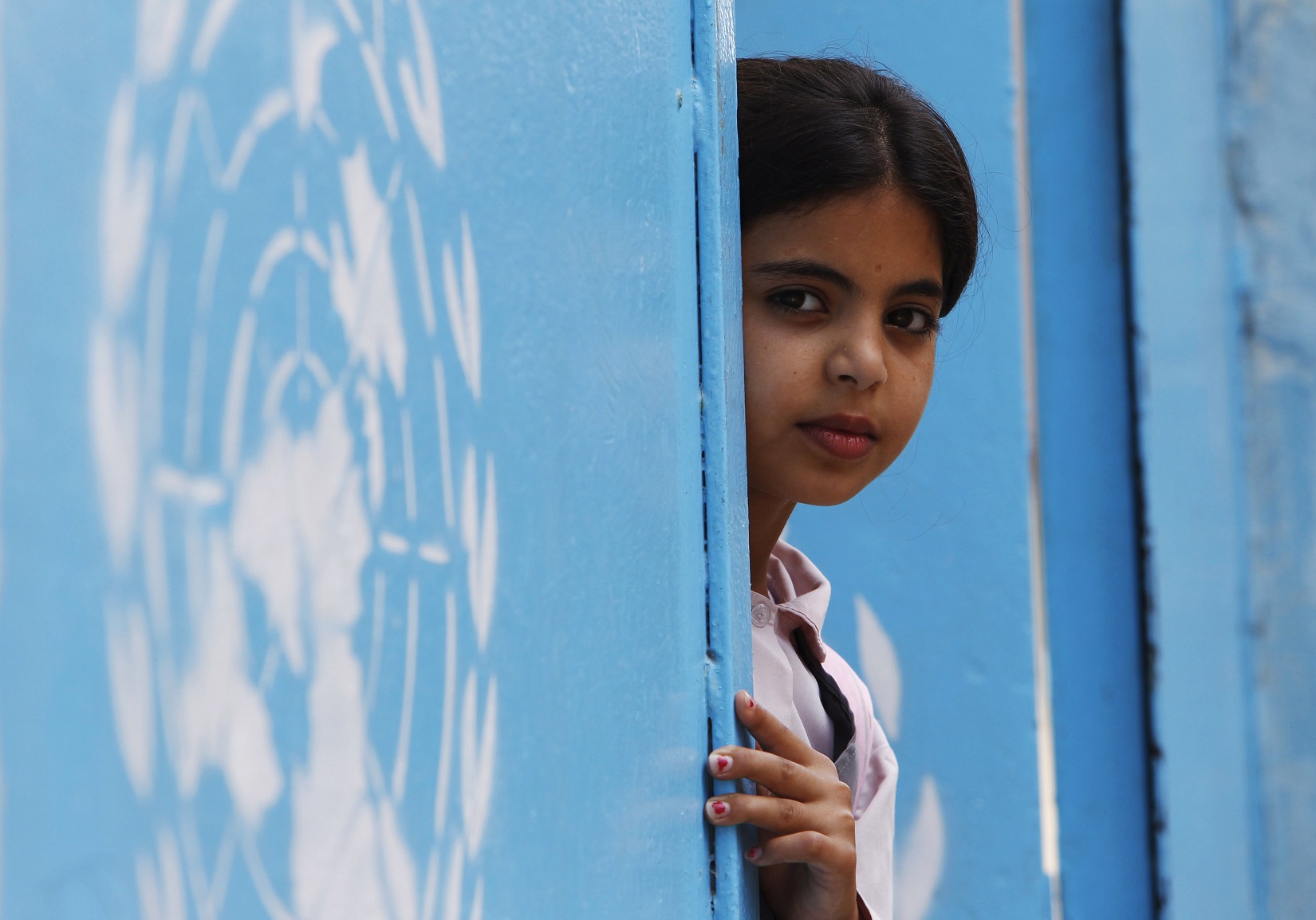Publications
Memorandum No. 204, September 2020

The year 2020 marks seventy years since UNRWA (United Nations Relief and Works Agency for Palestine Refugees in the Near East), which serves Palestinian refugees in the Gaza Strip, the West Bank, Jordan, Syria, and Lebanon, began operation. Since its establishment by virtue of the mandate given to it by the UN General Assembly, UNRWA has not succeeded in bringing about the true rehabilitation of the Palestinian refugees and in reducing their number, which has risen from approximately 700,000 on the eve of the State of Israel’s establishment to over 5.5 million refugees in 2020. The impact of the regional upheaval on the Palestinian refugees, the stagnation of the political process between Israel and the Palestinians, the split in the Palestinian arena, the humanitarian distress in the Gaza Strip, the centrality of the refugee issue in the Palestinian narrative, and the American administration’s 2018 decision to stop funding UNRWA pose even more complex challenges for the agency. In light of the understanding of the need for changing the agency’s modes of operation and adapting them to the challenges of the current reality, and given that all attempts and recommendations to significantly reform the agency’s modes of operation over the years having been thwarted, this memorandum discusses UNRWA’s operational concept and functioning and presents four alternative models of operation, along with a methodology for analyzing the different alternatives.
Click here to download the full Memorandum



